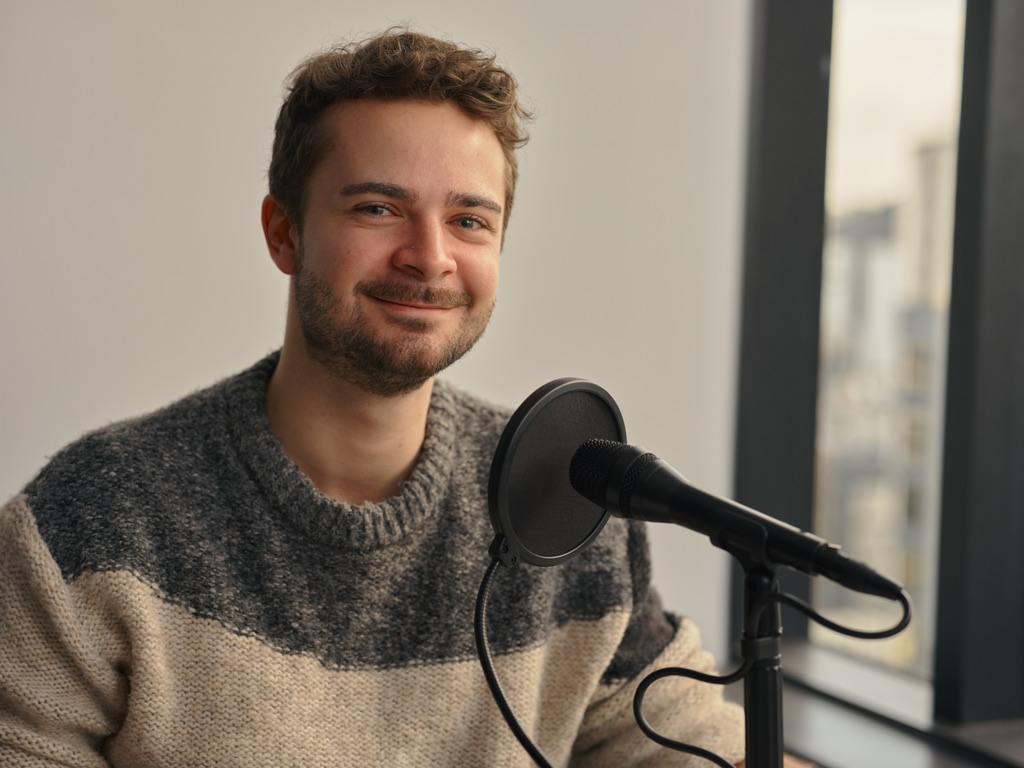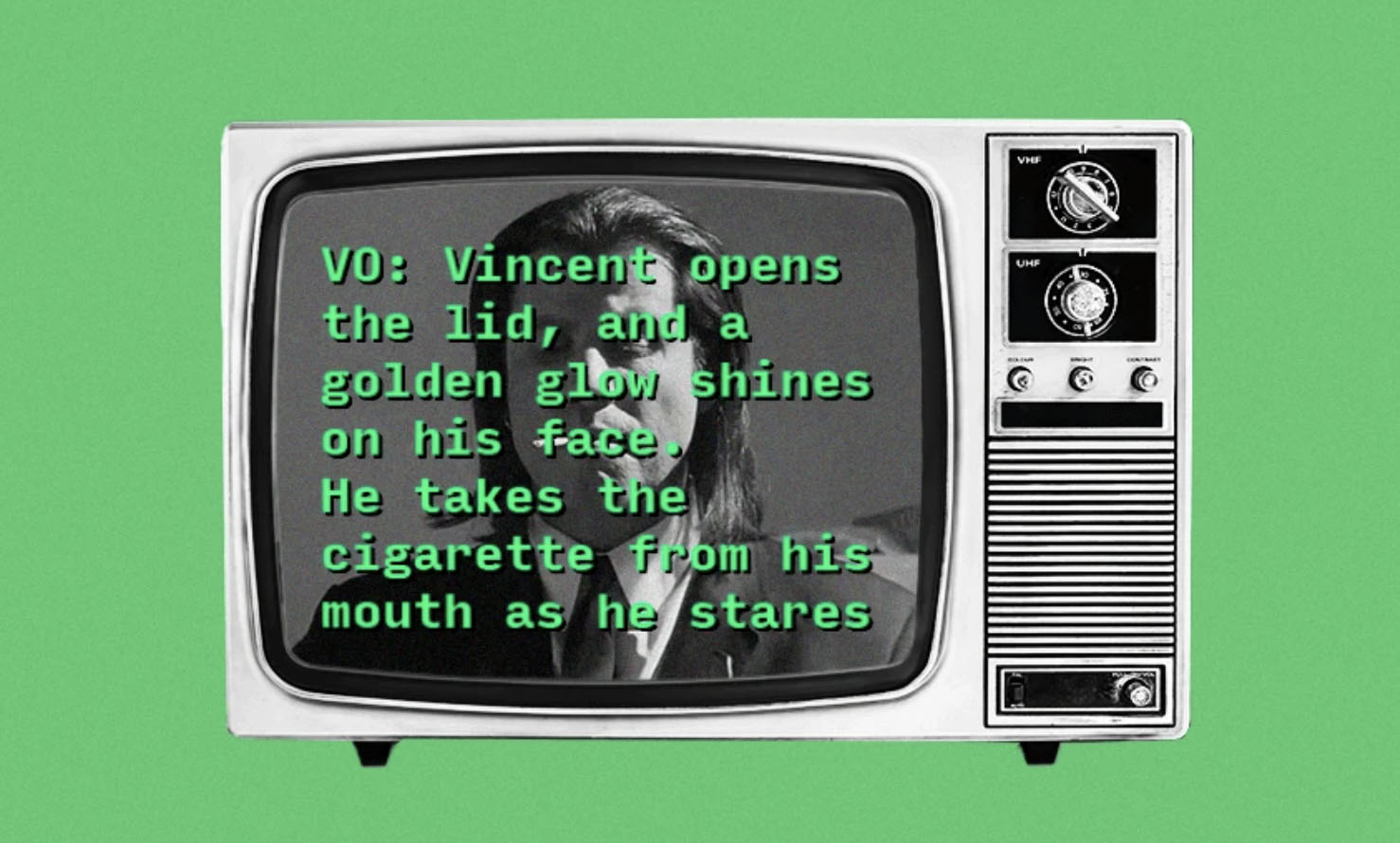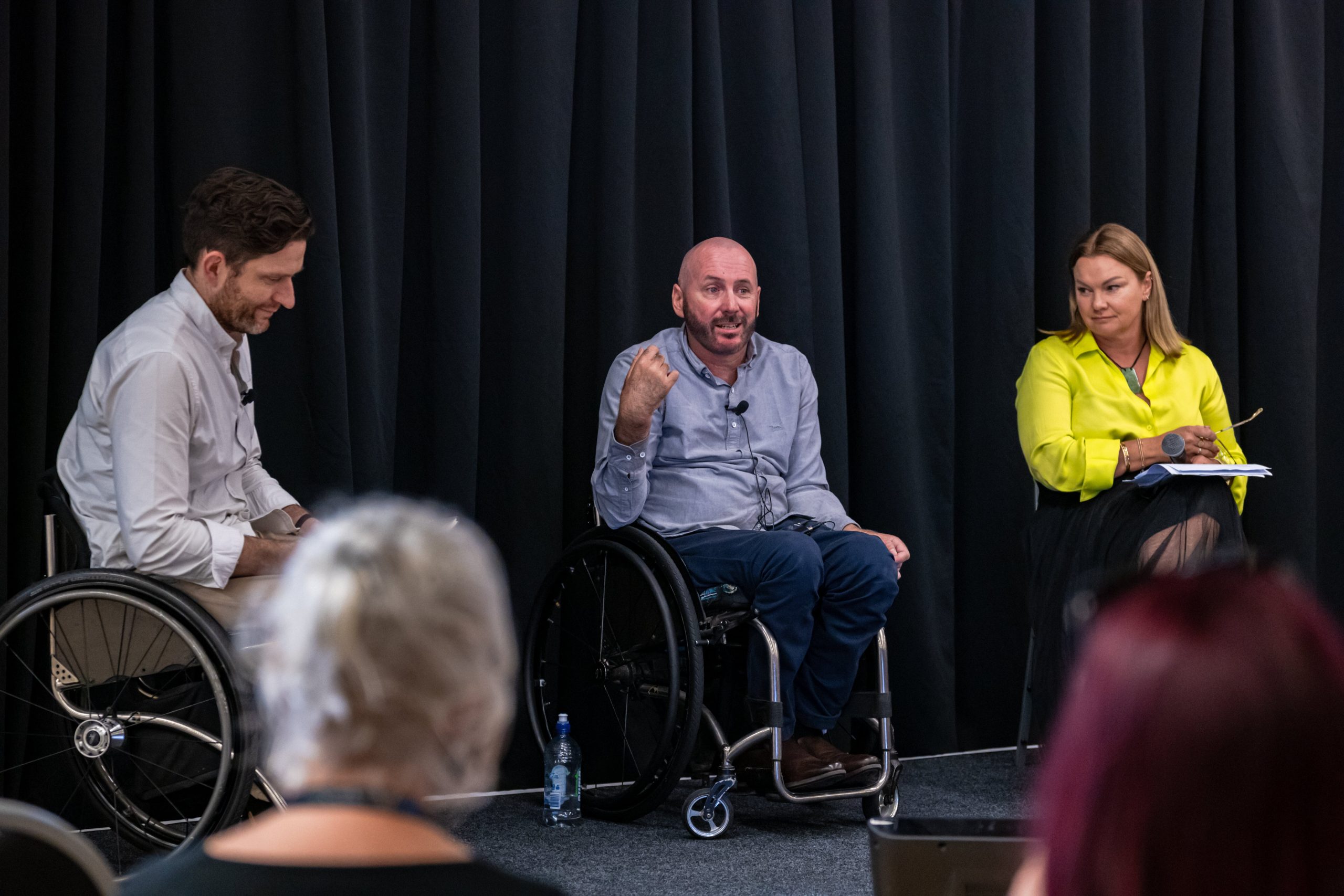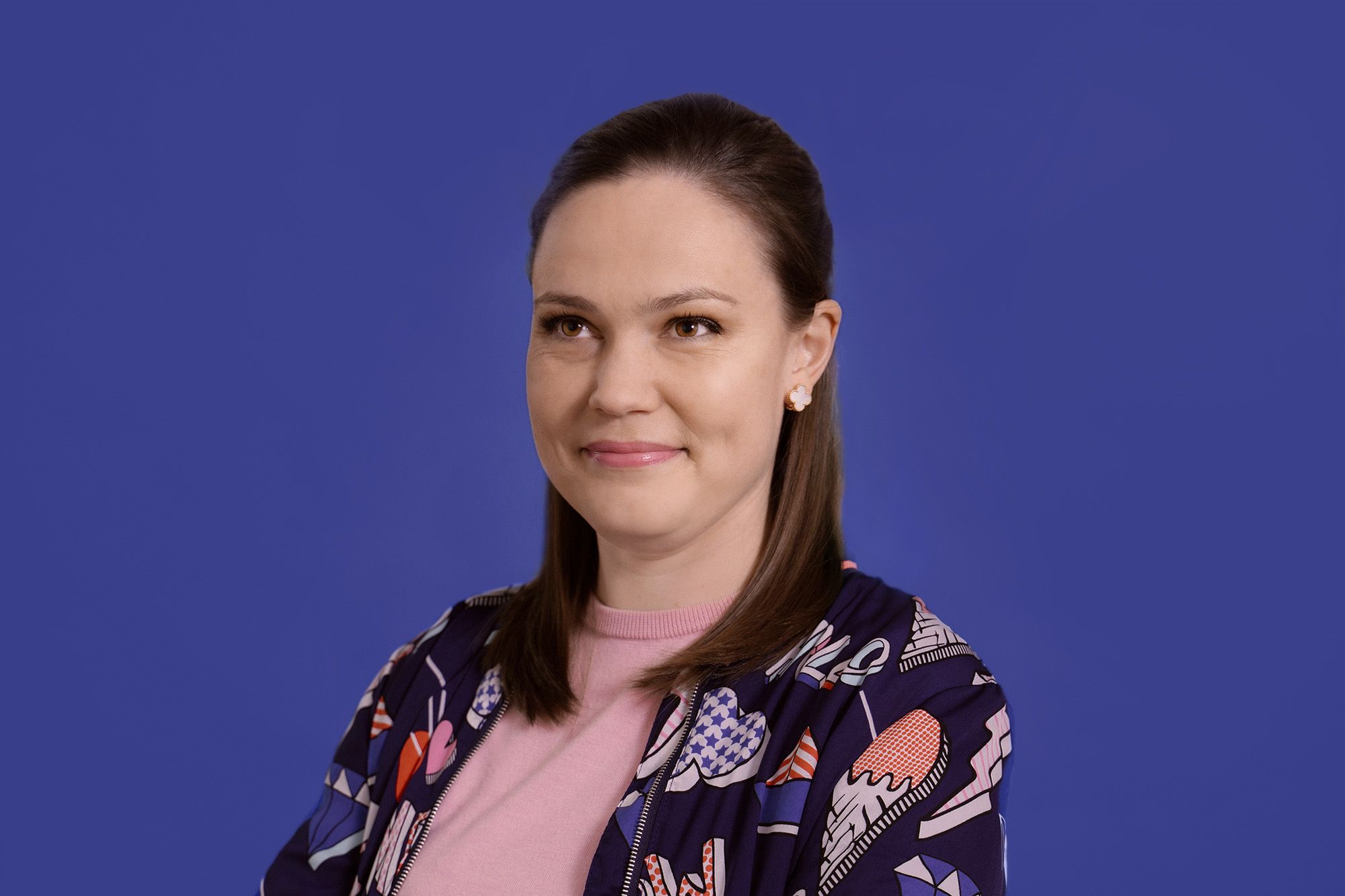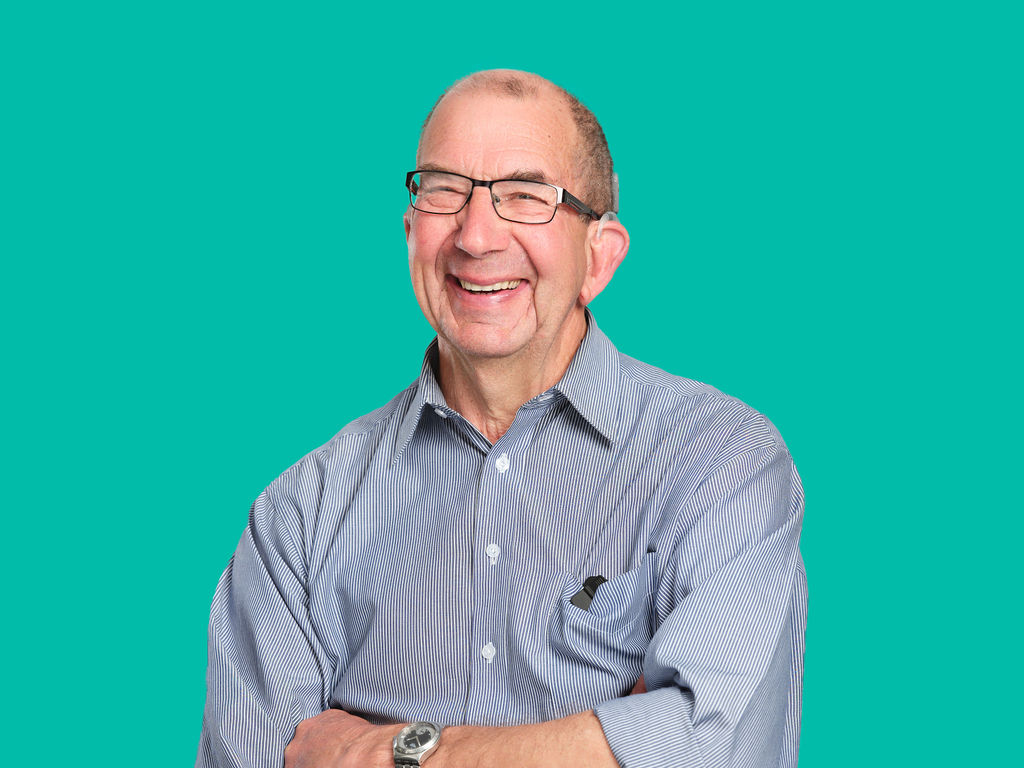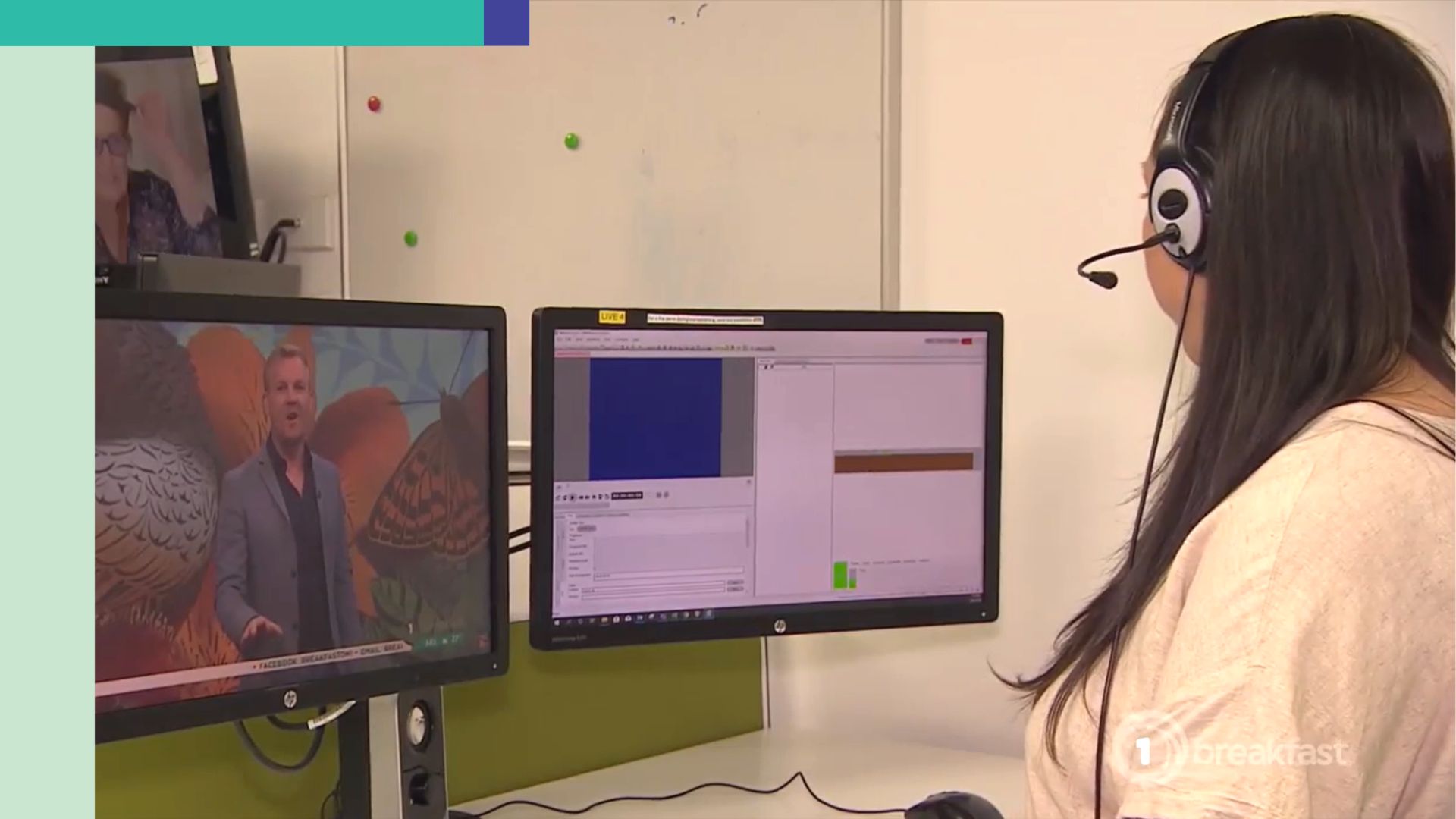
Kristin joined Able as a Caption Producer in August 2020, and is a recent addition to our Caption Editor team. She’s been with Able throughout the pandemic and sat down to share what it’s been like to live-caption updates about Covid-19 over the past couple of years – and the reality of high-stakes live-captioning generally.
Kia ora, Kristin. Tell us about the reality of live-captioning a covid-19 press conference?
Live-captioning can be quite an ‘all hands on deck’ experience. It calls for focus and attention and a fair amount of adaptability, as it often involves covering unfamiliar content and often with little warning, as in the case of breaking news and unscheduled announcements. It’s a dance between capturing content as comprehensively as you can so that viewers can access it while also taking the time and care to avoid misleading or egregious errors. When live-captioning events that are more familiar and less ‘unprecedented’ – sports or the Oscars, for example – you’ve got time to prime your brain for certain vocabulary and jargon that’s likely to arise. However, with breaking news or Covid press conferences – and especially ones announcing new frameworks, terminology or locations of interest – it’s often your first instance of hearing certain content. When you combine that with lots of statistics being shared and overlapping speech during the Q+A portions, it definitely keeps you on your toes.
How do you deal with the challenge of encountering new terminology for the first time in a very high-stakes situation?
Staying on top of online articles is always helpful in trying to anticipate new words that might be used. When it’s breaking news, you just jump in at the deep end, but afterwards, you can research the new term or phrase and train it into the speech-to-text software that we use for live work. The software can be quite unforgiving with things such as hesitations or mispronouncing words, so speaking as clearly and confidently as possible helps, even if the terminology is unfamiliar. We also share new words or phrases we encountered amongst colleagues so that everyone would have a heads-up of what was likely to be mentioned and what words were easy to trip up on. ‘Epidemiologically linked’, for example, required a bit of effort at first as it contains loads of syllables that you have to get out in a small space of time without getting tongue-tied.
Can you tell us a little bit about your strategy when deciding what terms to train into the software?
Over time, you build an intuition for which words will be straightforward and which might need some extra care. Often I’ll focus on the likes of people’s names, brand names, te reo Māori vocabulary, and more obscure words that are likely to be confused by the software with a more common word or phrase that they rhyme with. Thankfully, there’s that collaborative element amongst the team of sharing phrases or words that are new or aren’t being recognised easily by the software.
When you’re captioning information that’s being delivered quickly, your articulation isn’t always going to be as crisp as information given at a slower pace. In that instance, the text produced will highlight words you need to focus on. For example, ‘vaccination’ kept on coming up as ‘back the nation’ for me at first, which was not ideal, but I was able to get around that by saying it quite emphatically every time it came up.
Can you tell us a bit about what it’s been like captioning through the pandemic?
As with many industries, the pandemic has impacted the way we work in lots of ways. We’ve regularly had only small skeleton teams at the office at any given time for the better part of two years now – although we’re slowly getting back to seeing more faces around, which has been lovely. For a workplace where everyone’s really connected, going months without seeing some work colleagues in-person has been very surreal.
For me personally, I definitely felt very fatigued at times, because the content that we were captioning on a daily basis was extremely heavy. At the same time, I believe I can speak for the whole team to say that it’s been really meaningful to know that we’ve been making information more accessible to people in Aotearoa at such a pivotal moment in history. Even though the content can be very draining at times, it really is an honour to caption throughout the pandemic. I’m from Christchurch originally and was living in South Korea and Mexico for the 2010/2011 earthquakes. I remember how desperately I wanted to be kept in the loop with what was happening at home and how pivotal access to information was then, and I feel very grateful to support with information accessibility during the pandemic.
